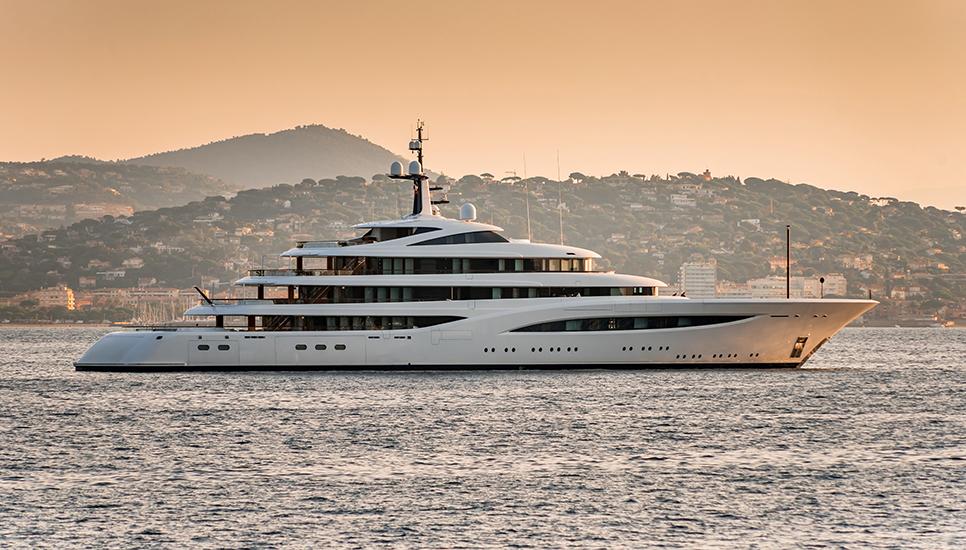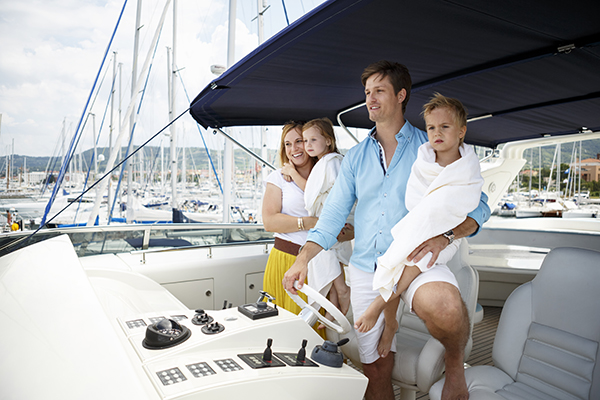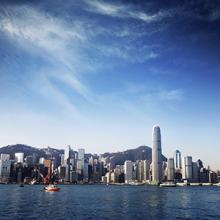How sustainability and super yachts are sailing off into the sunset together

The super yacht industry is known for its extravagance and ultimate luxury, and this can often be viewed to come at the cost of high levels of consumption. Sustainability has become an ever-increasing concern worldwide and the super yacht industry is making ground-breaking achievements in this area.
Sustainability policies in the maritime industry
The maritime industry as a whole is committed to lowering the impact commercial and recreational vessels have on the environment worldwide. For example:
1. The Maritime and Coastguard Agency (MCA) has pledged to make shipping a zero-emission industry by 2050.
2. Norway will implement its Zero Emission policy in its World Heritage Fjords in 2026. All vessels, commercial or private, will be required to operate under electric or sail propulsion when within the Fjords.
Diesel-electric propulsion systems
Technical advancements in super yacht construction have fallen in line with the new requirements set out by governments around the world. New propulsion systems, including diesel-electric setups, allow for significant reduction in yacht emissions and increased comfort levels which in turn will increase the owners’ experience and operational peace of mind. Diesel-electric propulsion systems utilise diesel engines to generate electricity which is then used to power motors that drive the vessels propellers. Aside from the increased fuel efficiency, additional advantages of a diesel-electric systems include:
1. Flexibility – Electric motors can be placed in various locations throughout the yacht allowing for greater design flexibility and optimisation of space.
2. Reduced vibration and noise – Electrical propulsion systems produce less vibrations and noise compared to traditional diesel engines, providing a quieter cruising experience.
3. Hybrid configurations – Modern hybrid diesel-electric vessels incorporate energy storage systems including battery banks and supercapacitors. Hybrid configurations offer additional benefits such as silent cruising, zero-emission operation in electric mode and increased efficiency by recovering and storing energy during ‘braking’.
Major super yacht construction yard, Feadship, has been prominent in the production of large diesel-electric super yachts. The 85-meter motor yacht, Savannah, launched in 2015, was the first hybrid super yacht on the seas. She blends a single diesel engine, three gensets, batteries, propeller and a pioneering azimuthing electro-mechanical propulsion platform. Since her launch, many more hybrid new builds have been launched by all major shipyards, including Lurssen, Oceanco and Amels.

The power of wind power
Sail yachts have an obvious advantage when it comes to fuel efficiency. Even the largest of sailing vessels will utilise the trade winds whenever possible, especially on long passages and crossings. Further recent advancements have allowed for more than just propulsion energy to be provided by harnessing the wind. Sailing vessel Black Pearl, a 107-meter masterpiece delivered by Oceanco in 2018, has an advanced hybrid propulsion system. Her regeneration mode when under sail allows a significant reduction to its overall carbon footprint. The vessel can drag her controlled-pitch propellers through the water while sailing, which in turn generates power that goes into the vessel’s board battery storage system. The energy produced can then cover the house loads through wind power, allowing for diesel generators to be shut down. In essence, the entire vessel is being powered by wind power alone!

The importance of sustainable management
Management companies play an essential role in efficient super yacht operation, and increased sustainability has been the driving force for the creation and implementations of fleet-wide policies. The International Maritime Organisation (IMO) implements MARPOL which outlines the pollution prevention requirements of all vessels. Management companies are essential in maintaining the required certification and in the creation of vessel-specific plans, which ensure their vessels meet the requirements set out in all six Annexes of MARPOL.
Management companies are also instrumental in onboard education and vessel polices which allow the crew and guests to have better practices in minimising waste and damage to the environment. These include single use plastic polices, garbage management plans, ‘guides to going green’ and many more.

Industry collaboration for a sustainable future
Overall, it’s clear that the super yacht industry is making deliberate and impactful progress towards a sustainable future. The ultimate aim is to become a net zero operation, and industry-wide collaboration and sharing of best practice will make this a possibility in the not-too-distant future.

Rory Delves has spent the last nine years crewing some of the most magnificent and extravagant super yacht gracing our oceans. He has cruised all over the world including the Mediterranean, Caribbean, Indian Ocean, and southeast Asia.
Rory worked his way up the crew ladder and was Chief Officer between 2020 and 2023. At the end of 2023, he left the seas and has now embarked on a career in yacht brokerage. He aims to bring his wealth of knowledge and hands on experience into his new field.






